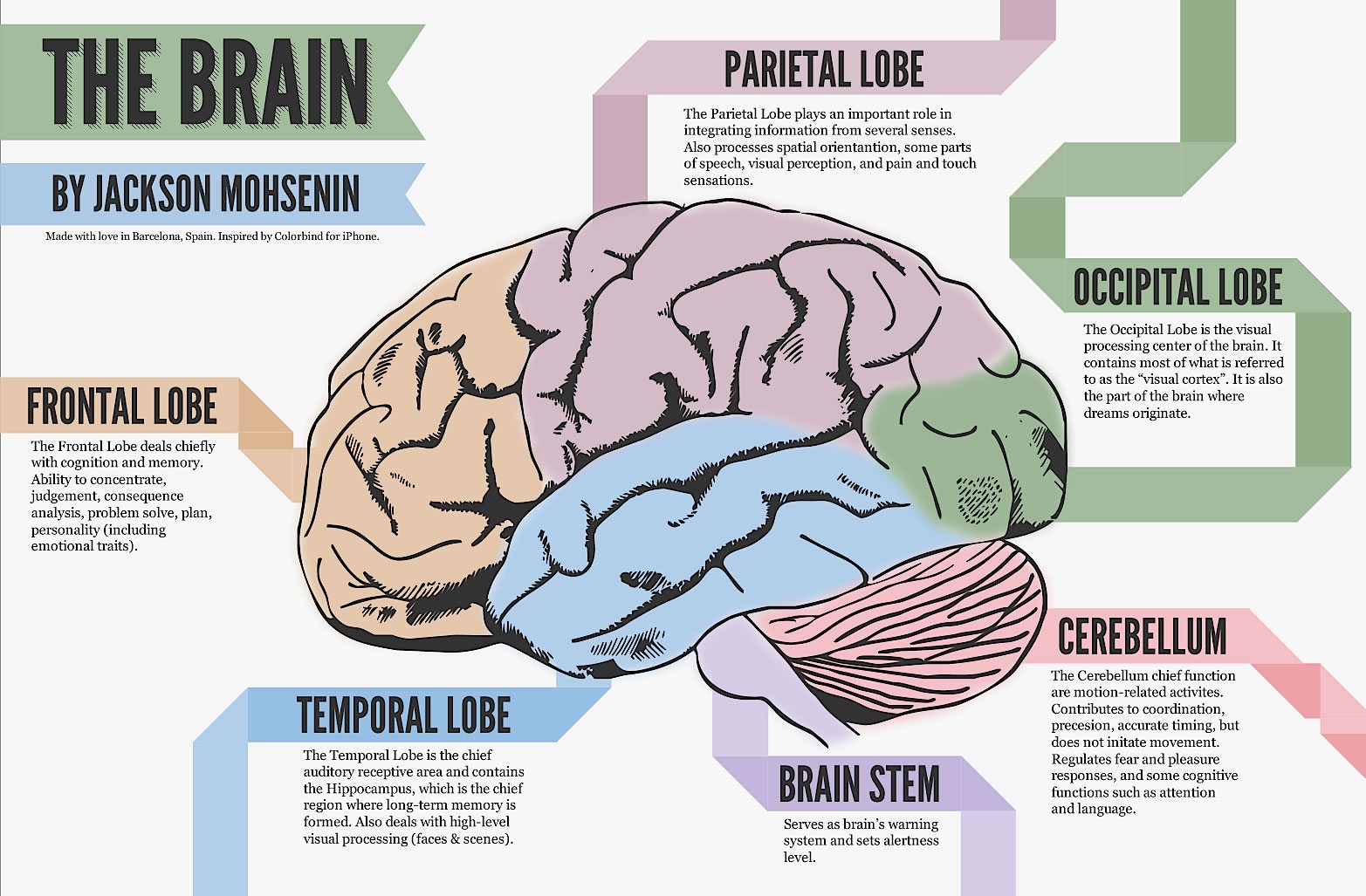Month: June 2016
A systematic review about nothing
There is dubious content in PubMed that you won’t find unless you look for it, or stumble across it inadvertently. It’s the entire field of alternative medicine which is abstracted and complied along with the actual medical literature. In this world, the impossible is accepted as fact, and journal articles focus on the medical equivalent of counting angels on pinheads. I’ve been...
Australia’s New Antiscience Party
In a perfect world, high quality science would inform politics and policy. Science cannot determine policy by itself because there are also value judgments and trade-offs that need to be negotiated. At the least, however, policy should be consistent with the best available science. We, of course, don’t live in a perfect world. Too often politics and ideology seem to inform, or...

The THRIVE Experience: Masterful Marketing, Short on Substance
My daughter told me about the latest health fad among her group of acquaintances. She knows people who are spending $300 a month on the THRIVE program and claiming miraculous results. With a skeptic for a mother, my daughter knew enough to question the claims and do her own research; she was not impressed. She concluded that THRIVE was essentially selling caffeine...

What’s the harm? Stem cell tourism edition
Stem cells have become big business. Offshore clinics claim to use stem cells to treat anything from aging, diabetes, stroke, cancer, and even autism, all without compelling evidence that these treatments have any meaningful effect. Unfortunately, the potential for harm, both financial and to health, is high, as the case of Jim Gass demonstrates.
Book Review Lagniappe
Lagniappe, a word often heard in New Orleans, refers to a bonus or extra gift, like the thirteenth donut in a baker’s dozen. You may have noticed that I write a lot of book reviews. I read far more books than I review, and I have always loved to read about the experiences of doctors and the interesting patients and intriguing illnesses...

Why Science-Based Medicine Matters
The regular contributors at Science-Based Medicine (SBM) work diligently every week to explore the world of science-based medicine and the gauzy, nebulous netherworld of fantasy-based medicine. They shine light on the leading edge of medical science, dissect the nuances of mainstream care, expose the misconceptions and sometimes the frank deceptions of so-called alternative medicine. Launching SBM on January 1, 2008, sbmadmin (Steven...

MEND Protocol For Alzheimer’s Disease
The medical profession is currently engaged in a simmering debate about what is the best overall approach to take toward the relationship between science and health care. I would say that the current dominant model is Evidence-Based Medicine (EBM). We, of course, advocate for a number of tweaks to EBM we call Science-Based Medicine (SBM). SBM essentially advocates for an ironic-sounding holistic...
The ROCA Screening Test for Ovarian Cancer: Not Ready for Prime Time
Ovarian cancer is relatively rare but deadly. The lifetime risk of ovarian cancer is 1.5% compared to 12% for breast cancer, but it is the 5th most common cause of cancer death for women. Since the ovaries are hidden deep in the pelvis and the symptoms of ovarian cancer are non-specific, the cancer is often advanced by the time it is diagnosed...



About Herbs: an app to avoid
Medicine has an intellectual hierarchy. Supposedly the best and the brightest are in the academic medical centers and are the thought leaders in their field. Those of us lower in the hierarchy are well aware of some of the warts present on our betters, but I would expect those at the top would adhere to the highest intellectual and ethical standards. People...